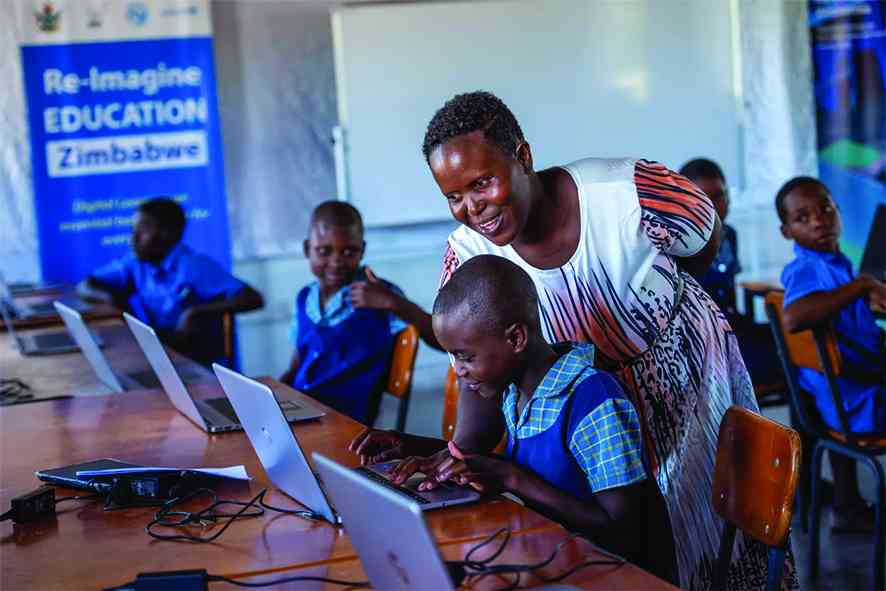
Zimbabwe has been listed among African countries lagging in meeting the recommended budget allocation to provide quality education under the sustainable development goal (SDG) framework, according to a new report by the United Nations Children’s Fund (Unicef).
Countries are supposed to commit at least a fifth of their budgets to education in line with the SDG framework of action for education.
“Nine out of 49 African countries — less than 1 in 5 — dedicated 20% or more of their public spending to education, while 24 committed at least 15%, and six countries directed less than 10%,” Unicef said.
Zimbabwe needs to raise its investment in education to the globally agreed target of 20% to achieve the SDG on universal, inclusive and equitable basic education for all school-age children by 2030 and to ensure access to education for all children, including the poorest and those living with disabilities, according to Nicholas Alipui, Unicef representative ad interim in Zimbabwe.
“Unicef stands ready to support the Government of Zimbabwe to fully execute the budget available for education.”
It said while education public funding had increased in Zimbabwe, a further increase was required as the country was five percentage points below the benchmark.
The Unicef report reflects what is obtaining in the country with education being so commercialised that those at the lower end of the stratum get the short end of the stick.
Government is always at loggerheads with teachers in public schools over conditions of service which has seen educators adopting a half-hearted approach to their work and devoting more time to extra lessons. They have adopted the motto: no payment, no extra lessons, forcing many already constrained parents to dig deeper into their pockets so that their children access education.
- Mavhunga puts DeMbare into Chibuku quarterfinals
- Bulls to charge into Zimbabwe gold stocks
- Ndiraya concerned as goals dry up
- Letters: How solar power is transforming African farms
Keep Reading
Students under the Basic Education Assistance Module (Beam) are also finding the going tough as the government is behind in paying schools.
Beam is a government programme introduced in 2001 to pay tuition, examination fees and levies for underprivileged learners.
However, Treasury has been struggling to pay for the learners, citing fiscal space constraints due to rising needs at a time when resources are limited.
This has raised fears that some students may be expelled from school which would see them being devoured by social ills such as drug abuse and child marriages.
Government needs to do all it can to increase funding for education which lays a solid foundation for the future.
The provision of education for all is enshrined in the Constitution with section 75 stipulating that every citizen or permanent resident of Zimbabwe has a right to basic State-funded education, including adult basic education.
The supreme law says the State must take reasonable legislative and other measures, within the limits of the resources available to it, to achieve the progressive realisation of the provision of State-funded education.
The Unicef report is a timely reminder for the government to scale up its support to the education sector to realise SDG4. It is food for thought that should jolt government into action. No one and no place should be left behind, according to President Emmerson Mnangagwa’s mantra, as Zimbabwe seeks to attain an upper-middle-income economy status by 2030.








